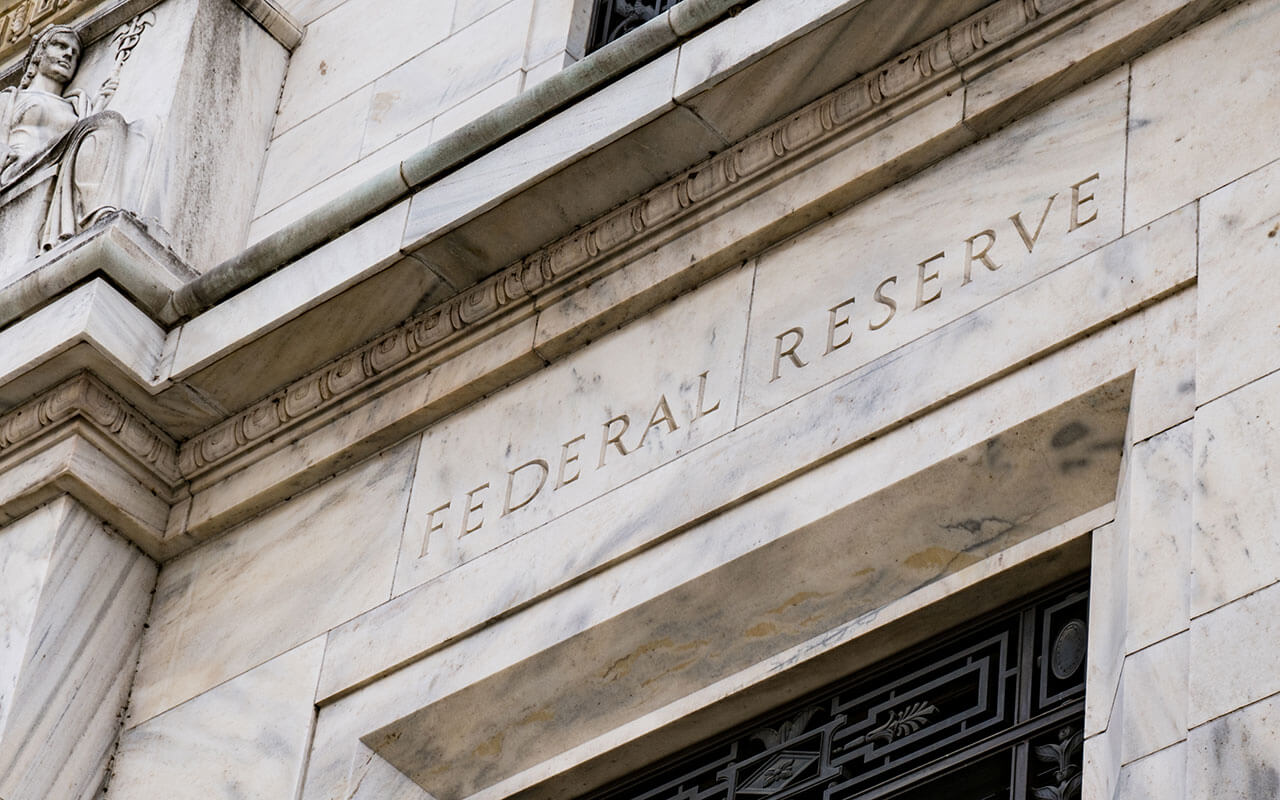Federal Reserve Flags Growing Risks to U.S. Economy in New Stability Report
27.04.2025 16:11 1 min. read Alexander Stefanov
The Federal Reserve’s newest Financial Stability Report paints a more anxious picture of the U.S. economy, highlighting rising global trade tensions, growing policy uncertainty, and worries over the nation’s debt levels as key threats to financial stability.
This marks the Fed’s first major risk assessment since Donald Trump’s return to the presidency, and the tone has clearly shifted.
According to the survey, 73% of market participants now rank global trade disputes as their top concern — more than double the number from last November’s report.
Policy unpredictability also emerged as a major fear, with half of respondents worried about shifting economic strategies under the new administration, signaling a sharp rise in anxiety compared to last year.
Concerns aren’t limited to trade and governance. The Fed noted a spike in worries about U.S. Treasury market volatility, with 27% of participants citing it as a serious issue, up from 17% previously.
Analysts point to tightening liquidity and evolving investor behavior as reasons behind the growing unease in a market typically seen as a global safe haven.
Another red flag raised by the report is the risk of foreign investors pulling back from U.S. assets.
A large-scale retreat could hit the value of the dollar, push up interest rates, and send shockwaves through global financial markets — adding yet another layer of uncertainty to an already fragile environment.
-
1
Trump Targets Powell as Fed Holds Rates: Who Could Replace Him?
27.06.2025 9:00 2 min. read -
2
U.S. PCE Inflation Rises for First Time Since February, Fed Rate Cut Likely Delayed
27.06.2025 18:00 1 min. read -
3
Key U.S. Economic Events to Watch Next Week
06.07.2025 19:00 2 min. read -
4
Gold Beats U.S. Stock Market Over 25 Years, Even With Dividends Included
13.07.2025 15:00 1 min. read -
5
U.S. Announces Sweeping New Tariffs on 30+ Countries
12.07.2025 16:30 2 min. read
US Inflation Heats Up in June, Fueling Uncertainty Around Fed Cuts
U.S. inflation accelerated in June, dealing a potential setback to expectations of imminent Federal Reserve rate cuts.
Gold Beats U.S. Stock Market Over 25 Years, Even With Dividends Included
In a surprising long-term performance shift, gold has officially outpaced the U.S. stock market over the past 25 years—dividends included.
U.S. Announces Sweeping New Tariffs on 30+ Countries
The United States has rolled out a broad set of new import tariffs this week, targeting over 30 countries and economic blocs in a sharp escalation of its trade protection measures, according to list from WatcherGuru.
Key U.S. Economic Events to Watch Next Week
After a week of record-setting gains in U.S. markets, investors are shifting focus to a quieter yet crucial stretch of macroeconomic developments.
-
1
Trump Targets Powell as Fed Holds Rates: Who Could Replace Him?
27.06.2025 9:00 2 min. read -
2
U.S. PCE Inflation Rises for First Time Since February, Fed Rate Cut Likely Delayed
27.06.2025 18:00 1 min. read -
3
Key U.S. Economic Events to Watch Next Week
06.07.2025 19:00 2 min. read -
4
Gold Beats U.S. Stock Market Over 25 Years, Even With Dividends Included
13.07.2025 15:00 1 min. read -
5
U.S. Announces Sweeping New Tariffs on 30+ Countries
12.07.2025 16:30 2 min. read


